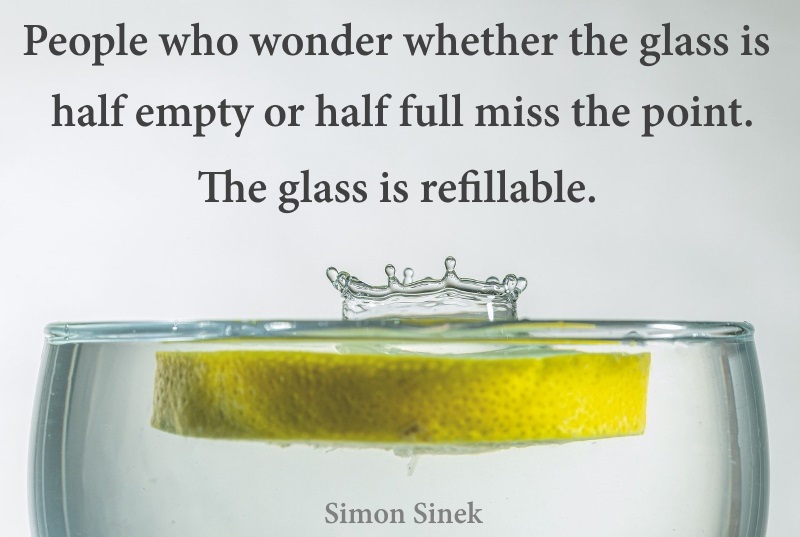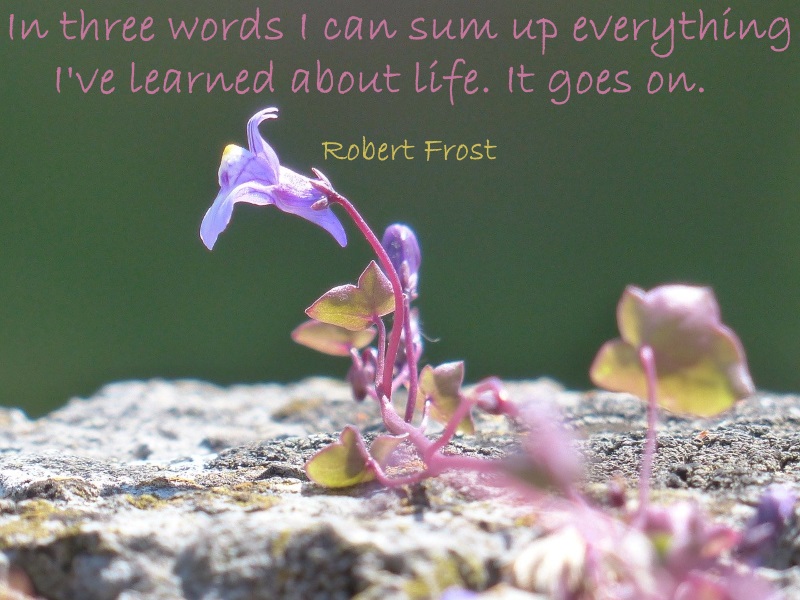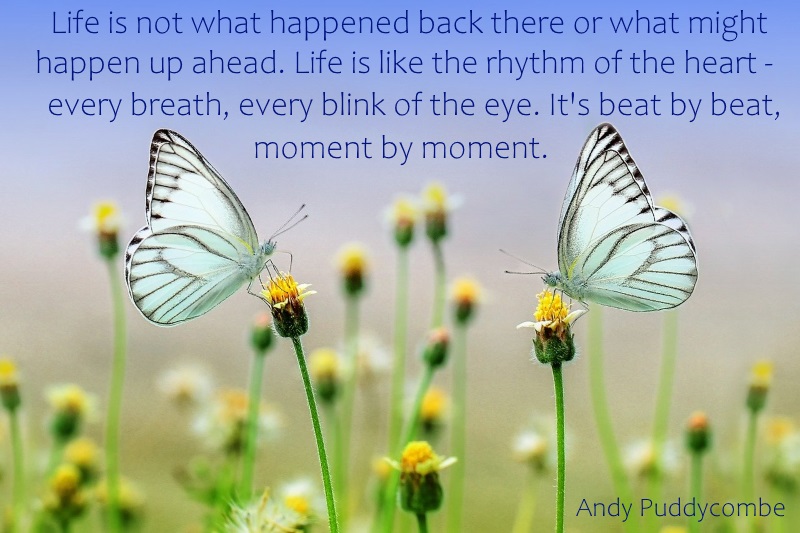
Having to stay indoors for the past few months is taking a toll on a lot of people. For those who thrive on social contact, being in nature, or just being out and about, the protocol for isolation as dictated by this pandemic is mentally debilitating and emotionally draining. It reminds me of the way my friend describes her husband’s moods during the winter months, when he is struggling with SAD (Seasonal Affective Disorder):
“He becomes very distant, like he’s somewhere deep inside himself. He gets depressed, spends the day mindlessly watching TV, doesn’t join in on conversations, doesn’t making jokes – and you know my husband…he’s always commenting on something. Then when spring arrives and he can go outside and do stuff in the yard, he’s a totally different person. He’s himself again.”
During this time in isolation, it’s absolutely crucial to attend to your mental health. Pay attention to your feelings, moods, attitudes, and behaviors. Take note of anything out of the ordinary, as well as the severity of your symptoms, and how long you’ve been feeling this way. For additional insights into your mental health, check out the free Mental Health Assessment on Queendom, which screens for depression and anxiety, among other disorders, as well as the Pandemic Resilience Test.
Remember, even if there is a lockdown in place, you can still seek the help of a therapist. Many mental health professionals offer sessions via videoconferencing, on the phone, or by email.
If, however, you’re feeling just a little down or anxious, here are some tips that might help:

- Allow yourself to experience your feelings fully. The longer you bottle things up, the worse you will feel. If you want to cry, then let the tears fall. If you’re feeling anxious, then set a limit of 15 minutes, half an hour, or an hour where you allow yourself to think about everything that worries you. If you’re angry, grab a couple of pillows and punch away at them. Emotions need to be allowed to follow their natural course. When you allow yourself to feel them fully, they begin to lose their energy, and you will start to experience a sense of relief.
- Try to create a sense of normalcy, in spite of the current circumstances. If now is usually the time of year when you start your gardening or cleaning up your backyard, keep up that routine. And if your regular routine has been impacted by the pandemic, come up with a new routine. Feelings of hopelessness and helplessness tend to be heightened when we feel we have no control over a situation, but you DO have power, and you DO have options.
- Find tasks around the house to keep you occupied. Remember all those things you’ve been wanting to do but never seem to have time for, like cleaning up your junk drawer, packing up the clothes you no longer wear, re-painting, or finally cracking open that cookbook your mother-in-law sent you? Well, now is the time to get started!

- Start a bucket list. It’s during times like these that we are reminded of all the things we take for granted, and all the time we spend not doing the things we love. We have developed an unfortunate habit of postponing happiness for the future. “I’ll do this when I have more time, when I’m retired, when the kids are grown up, etc.” The time for living, and for enjoying life, is NOW. Start writing down all the things you want to try after the pandemic is over. And it will come to an end. So get ready for when things start up again.
- Embrace uncertainty. Life is always going to be unpredictable. You can plan and prepare for certain scenarios, but otherwise, you just have to go with the flow. We are all in the same boat. We are all wondering what is to come, and when things will get back to normal again. All you can do now is wait. No amount of thinking, worrying, and stressing will change things.
- Get out of your “dark place”. Rather than fearing what could happen or, worse yet, creating an endless number of nightmarish “what-if” scenarios in your head, try flipping the switch. What are some of the best possible outcomes? What’s the silver lining in all this? What are the advantages of being in lockdown?
- It’s impossible to feel hopeful and happy if your mind is focused on negativity. I know pivoting away from a pessimistic outlook isn’t easy…you can’t just pretend to be happy, and the leap from sadness or anxiety to happiness is a pretty huge chasm. What you can do is shift your mood in increments. Do something right now that will make you chuckle a little, smirk, or smile. Visit a joke site, read funny memes, watch cat videos, or read uplifting quotes. Even if you only laugh for five minutes, that’s five minutes of freedom from negativity.

Insightfully yours,
Queen D

